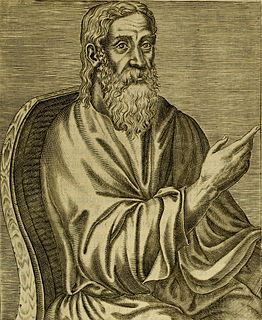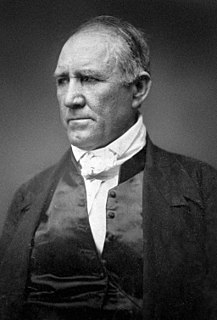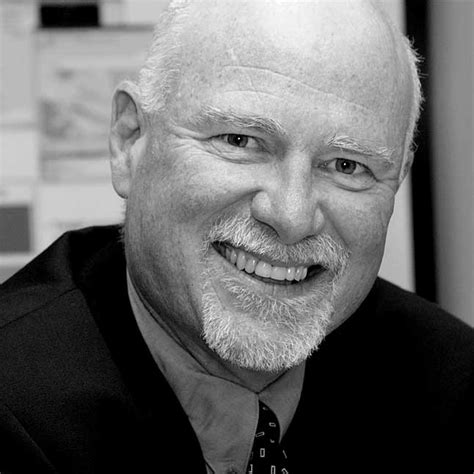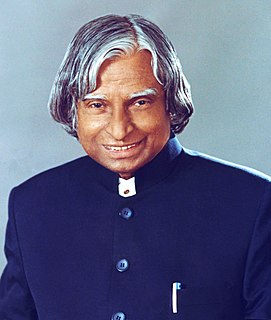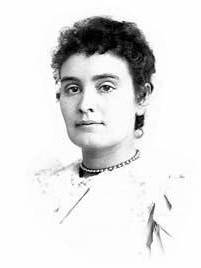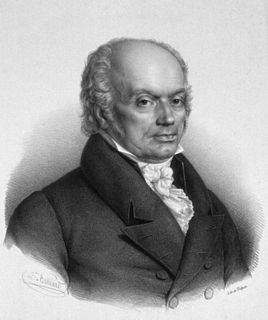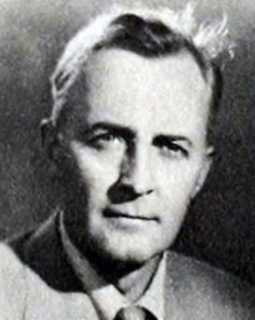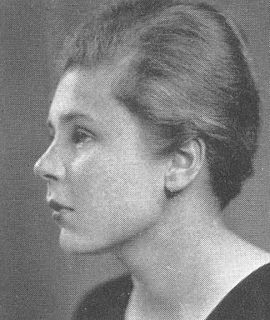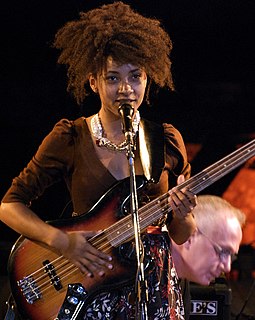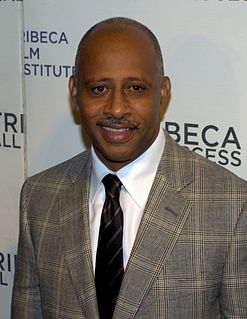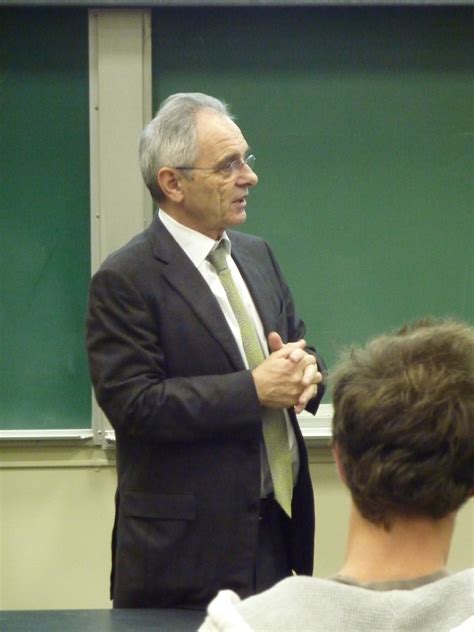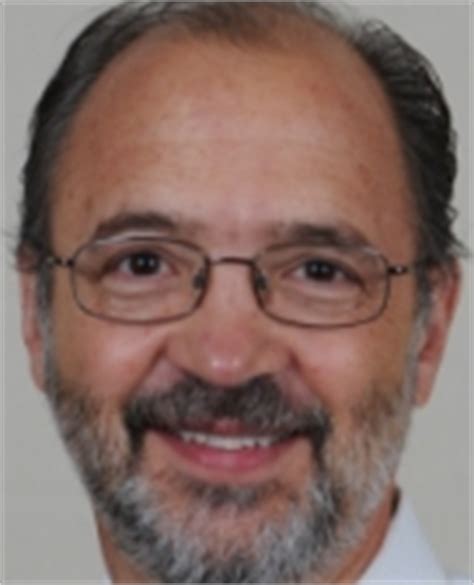Top 1200 Tree Of Knowledge Quotes & Sayings - Page 19
Explore popular Tree Of Knowledge quotes.
Last updated on October 1, 2024.
To begin with, our knowledge grows in spots. The spots may be large or small, but the knowledge ever grows all over... What you first gain from them is probably a small amount of new information, a few new definitions, or distinctions, or points of view. But while these special ideas are being added, the rest of your knowledge stands still, and only gradually will you 'line up' your previous opinions with the novelties I am trying to instil, and modify to some slight degree their mass.
The search for truth is, as it always has been, the noblest expression of the human spirit. Man's insatiable desire for knowledge about himself, about his environment and the forces by which he is surrounded, gives life its meaning and purpose, and clothes it with final dignity.... And yet we know, deep in our hearts, that knowledge is not enough.... Unless we can anchor our knowledge to moral purposes, the ultimate result will be dust and ashes- dust and ashes that will bury the hopes and monuments of men beyond recovery.
It is a matter of great satisfaction to me to hope that my children will be in circumstances to receive a good education. Mine was defective and I feel the inconvenience, if not the misfortune of not receiving a classical education. Knowledge is the food of genius, and my son, let no opportunity escape you to treasure up knowledge.
The ultimate test of my understanding of the scriptural teaching is the amount of time I spend in prayer. As theology is ultimately the knowledge of God, the more theology I know, the more it should drive me to seek to know God. Not to know about Him but to know Him! The whole object of salvation is to bring me to knowledge of God. If all my knowledge does not lead me to prayer there is something wrong somewhere.
The fate of the physiology of the brain is independent of the truth and falsity of my assertions relative to the laws of the organization of the nervous system, in general, and of the brain in particular, just as the knowledge of the functions of a sense is independent of the knowledge of the structure of its apparatus.
History is valuable, to begin with, because it is true; and this, though not the whole of its value, is the foundation and condition of all the rest. That all knowledge, as such, is in some degree good, would appear to be at least probable; and the knowledge of every historical fact possesses this element of goodness, even if it posses no other.
To lose a brother is to lose someone with whom you can share the experience of growing old, who is supposed to bring you a sister-in-law and nieces and nephews, creatures who people the tree of your life and give it new branches. To lose your father is to lose the one whose guidance and help you seek, who supports you like a tree trunk supports its branches. To lose your mother, well, that is like losing the sun above you. It is like losing--I'm sorry, I would rather not go on.
Spiritual knowledge is like a house built in the midst of secular and pagan knowledge, in which there is laid up, like a solid and well-secured chest, the knowledge of the inspired Scriptures and the inestimable riches they contain. Those who enter into the house will never at all be able to see those treasures unless this chest is opened for them. But it does not belong to human wisdom (cf. I Cor. 2:13) ever to be able to open it, so that the riches of the Spirit deposited in it remain unknown to all who are worldly.
Intellect begins with the observation of nature, proceeds to memorize and classify the facts thus observed, and by logical deduction builds up that edifice of knowledge properly called science? But admittedly we also know by feeling, and we can combine the two faculties, and present knowledge in the guise of art.
Suppose you were to come upon someone in the woods working feverishly to saw down a tree.
"What are you doing?" you ask.
"Can't you see?" comes the impatient reply. "I'm sawing down this tree."
"You look exhausted!" you exclaim. "How long have you been at it?"
"Over five hours," he returns, "and I'm beat! This is hard work."
'Well, why don't you take a break for a few minutes and sharpen that saw?" you inquire. "I'm sure it would go a lot faster."
"I don't have time to sharpen the saw," the man says emphatically. "I'm too busy sawing!"
The most valuable thing a teacher can impart to children is not knowledge and understanding per se but a longing for knowledge and understanding, and an appreciation for intellectual values, whether they be artistic, scientific, or moral. It is the supreme art of the teacher to awaken joy in creative expression and knowledge. Most teachers waste their time by asking questions that are intended to discover what a pupil does not know, whereas the true art of questioning is to discover what the pupil does know or is capable of knowing.
An authentic and genuine life grows like a sturdy tree. And like a tree, it grows slowly. Every time you make a different and better decision, it grows a little. Every time you choose to do the right thing, even when nobody would find out otherwise, it grows a little. Every time you act with compassion, relinquish your right to strike back, take a courageous stand, admit fault or accept responsibility, it grows a little.
Halt regarded him. He loved Horace like a younger brother. Even like a second son, after Will. He admired his skill with a sword and his courage in battle. But sometimes, just sometimes, he felt an overwhelming desire to ram the young warrior's head against a convenient tree. "You have no sense of drama or symbolism, do you?" he asked. "Huh?" replied Horace, not quite understanding. Halt looked around for a convenient tree. Luckily for Horace, there were none in sight.
Everybody has asked the question, ... 'What shall we do with the Negro?' I have had but one answer from the beginning. Do nothing with us! You're doing with us has already played the mischief with us. Do nothing with us! If the apples will not remain on the tree of their own strength, ... let them fall! I am not for tying or fastening them on the tree in any way, except by nature's plan, and if they will not stay there, let them fall. And if the Negro cannot stand on his own legs, let him fall also.
Hire and promote first on the basis of integrity; second, motivation; third, capacity; fourth, understanding; fifth, knowledge; and last and least, experience. Without integrity, motivation is dangerous; without motivation, capacity is impotent; without capacity, understanding is limited; without understanding, knowledge is meaningless; without knowledge, experience is blind. Experience is easy to provide and quickly put to good use by people with all the other qualities.
To me, the poor are like Bonsai trees. When you plant the best seed of the tallest tree in a six-inch deep flower pot, you get a perfect replica of the tallest tree, but it is only inches tall. There is nothing wrong with the seed you planted; only the soil-base you provided was inadequate. Poor people are bonsai people. There is nothing wrong with their seeds. Only society never gave them a base to grow on.

